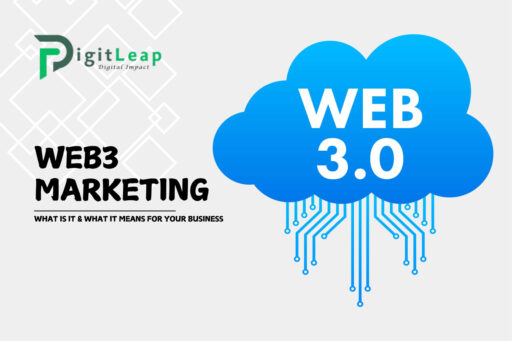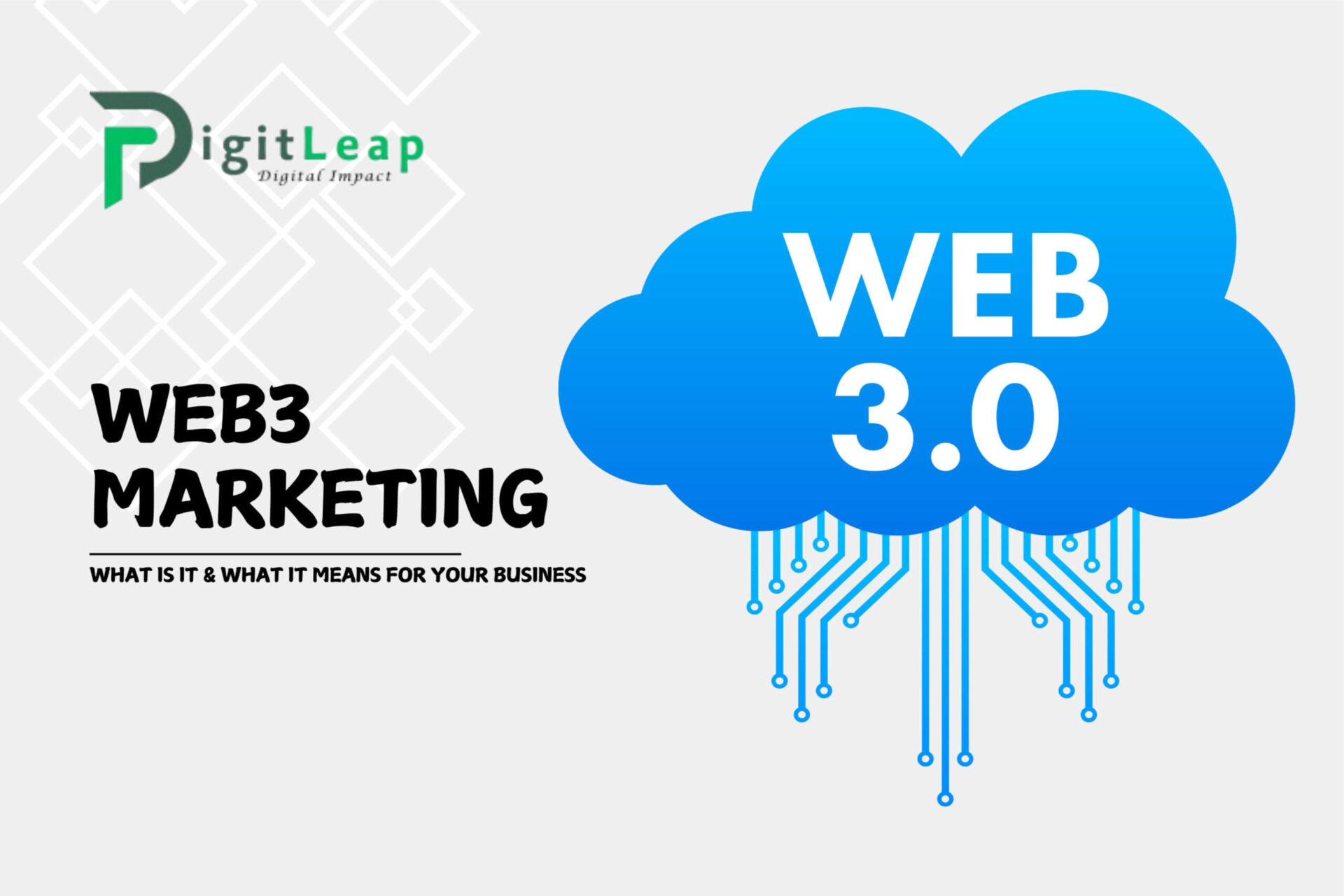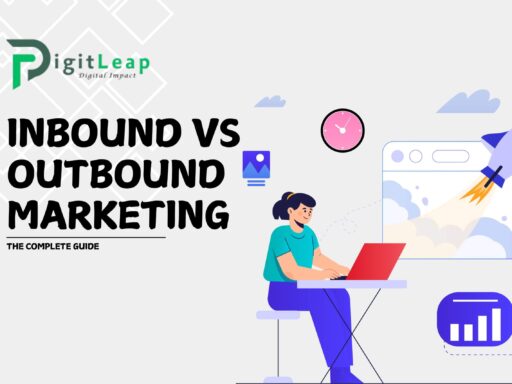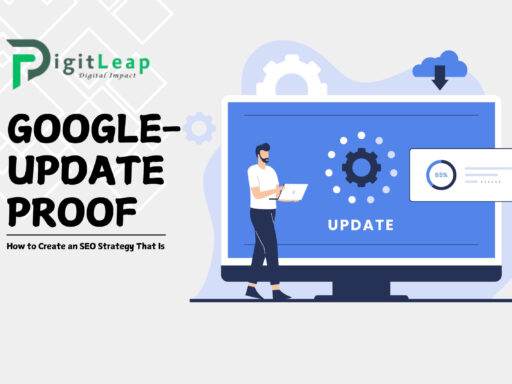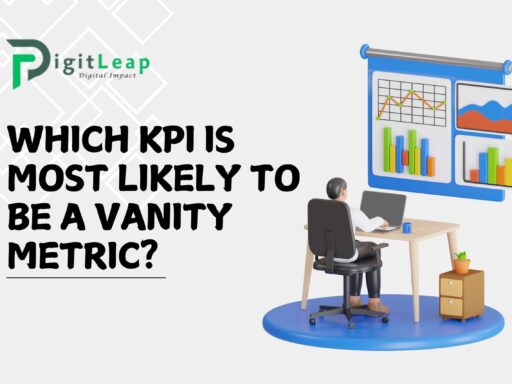Web3 Marketing: What Is It & What It Means for Your Business
Introduction
Web3 is revolutionizing the way businesses interact with the digital world. As the next evolution of the internet, Web3 introduces concepts like decentralization, blockchain technology, and cryptocurrencies. It’s a shift away from the centralized models of Web2, where major tech companies controlled data and access. With Web3, power is distributed back to users, offering transparency and greater ownership. But what does this mean for your business, especially when it comes to marketing? Let’s explore Web3 marketing, what it is, and how it can shape the future of your business.
What Is Web3 Marketing?
Web3 marketing refers to marketing strategies that leverage decentralized platforms, blockchain technology, and token economies to engage users and promote products or services. Traditional marketing relies heavily on centralized platforms like Google, Facebook, and Instagram. These platforms collect user data, and businesses use this data to run targeted ads. In contrast, Web3 marketing puts users in control of their data and relies on blockchain-based platforms, smart contracts, and tokenized rewards systems to create more direct and transparent marketing efforts.
Core Concepts of Web3 Marketing
- Decentralization: In Web3, no single entity has control over the platforms or data. This allows businesses to connect with users directly, without intermediaries.
- Tokenization: Tokens, which are digital assets on a blockchain, are used as incentives or rewards for customers. These tokens can be traded, spent, or used to unlock exclusive content or services.
- Ownership: Web3 allows users to truly own their data and digital assets, which can change the way businesses interact with their audience.
How Web3 Marketing Differs from Traditional Marketing
Web2 marketing is characterized by the collection and use of personal data by centralized platforms to target ads. Web3 disrupts this by making user data more secure and private. Businesses need to rethink their strategies in the Web3 world.
Key Differences Between Web2 and Web3 Marketing:
| Aspect | Web2 Marketing | Web3 Marketing |
|---|---|---|
| Data Control | Controlled by centralized platforms | Owned by users |
| Targeting | Based on user data collected by platforms | Based on user consent and blockchain data |
| Revenue Models | Ad-based revenue | Token-based, direct transactions |
| Trust and Transparency | Limited transparency in data usage | Fully transparent through blockchain |
Benefits of Web3 Marketing
Adopting Web3 marketing can give businesses an edge in this new digital landscape. Here are some of the key benefits:
1. Enhanced User Privacy
In Web3, users have control over their data, and businesses must earn permission to access it. This builds trust between businesses and customers, resulting in stronger relationships.
2. Direct Engagement with Users
Web3 eliminates intermediaries, allowing businesses to engage directly with their audience. For example, instead of using a platform like Facebook to run ads, businesses can use blockchain-based platforms to interact with users directly.
3. Tokenized Reward Systems
One of the most exciting aspects of Web3 marketing is the ability to use tokens as rewards. For instance, customers who engage with your content or purchase your products can earn tokens that they can trade or redeem for exclusive benefits.
4. Increased Transparency
With blockchain, all transactions and interactions are recorded on a public ledger. This level of transparency ensures that customers know how their data is used, which can build loyalty and trust.
Challenges in Web3 Marketing
While Web3 marketing offers numerous advantages, it’s not without challenges. Businesses must be aware of the hurdles they may face when transitioning to this new model.
1. Learning Curve
Web3 technology can be complex and may require businesses to invest time and resources in learning about blockchain, tokens, and decentralized platforms.
2. Legal and Regulatory Concerns
The decentralized nature of Web3 raises questions around regulation, especially in areas like data protection and financial transactions. Businesses will need to stay updated on regulations in this evolving space.
3. Market Adoption
Web3 is still in its early stages, and not all consumers are familiar with it. Businesses will need to educate their audience and build trust in these new platforms.
Strategies for Effective Web3 Marketing
To succeed in Web3 marketing, businesses must adopt new strategies that are aligned with the decentralized nature of the Web3 ecosystem. Here are a few strategies to get you started:
1. Build a Community
Community-building is essential in Web3. Instead of just acquiring customers, businesses need to foster communities where users feel like they have a stake in the success of the brand. This can be done through tokenized incentives and active engagement on decentralized platforms.
2. Leverage NFTs (Non-Fungible Tokens)
NFTs offer a unique way to engage customers. Businesses can create limited-edition digital assets that customers can own, trade, or sell. These NFTs can be used as part of loyalty programs or to provide access to exclusive content.
3. Use Blockchain-Based Advertising
Blockchain advertising platforms offer transparency in ad spend and results, ensuring that businesses know exactly where their money is going. This can improve the efficiency of your marketing campaigns and build trust with your audience.
4. Reward Customer Loyalty with Tokens
Rewarding customers for their loyalty with tokens can be a great way to engage them and encourage repeat purchases. These tokens can be used within your ecosystem or traded for other digital assets.
The Future of Web3 Marketing
As Web3 technology continues to evolve, businesses will have to stay agile and adapt to the new opportunities it presents. The future of marketing in the Web3 world will likely involve more direct customer engagement, transparent advertising practices, and the use of token economies to reward loyalty.
Conclusion
Web3 marketing represents a new era in digital marketing, one where users have control over their data and businesses must adopt more transparent, direct engagement strategies. With its focus on decentralization, blockchain, and tokenized economies, Web3 marketing offers unique opportunities to build trust, reward loyalty, and engage customers in meaningful ways.
At DigitLeap, we are excited to help businesses navigate this new frontier. By embracing Web3 marketing strategies, we can help you create lasting relationships with your customers, foster community engagement, and ensure your business stays ahead in this rapidly changing landscape.

